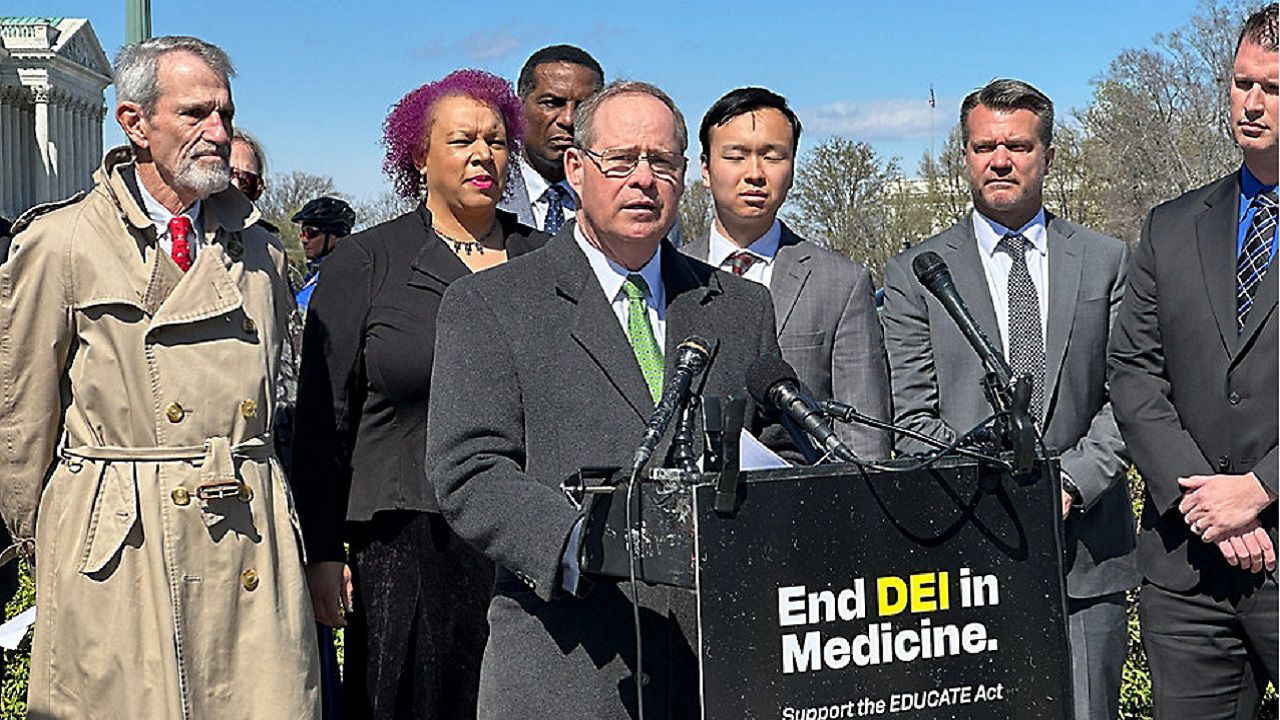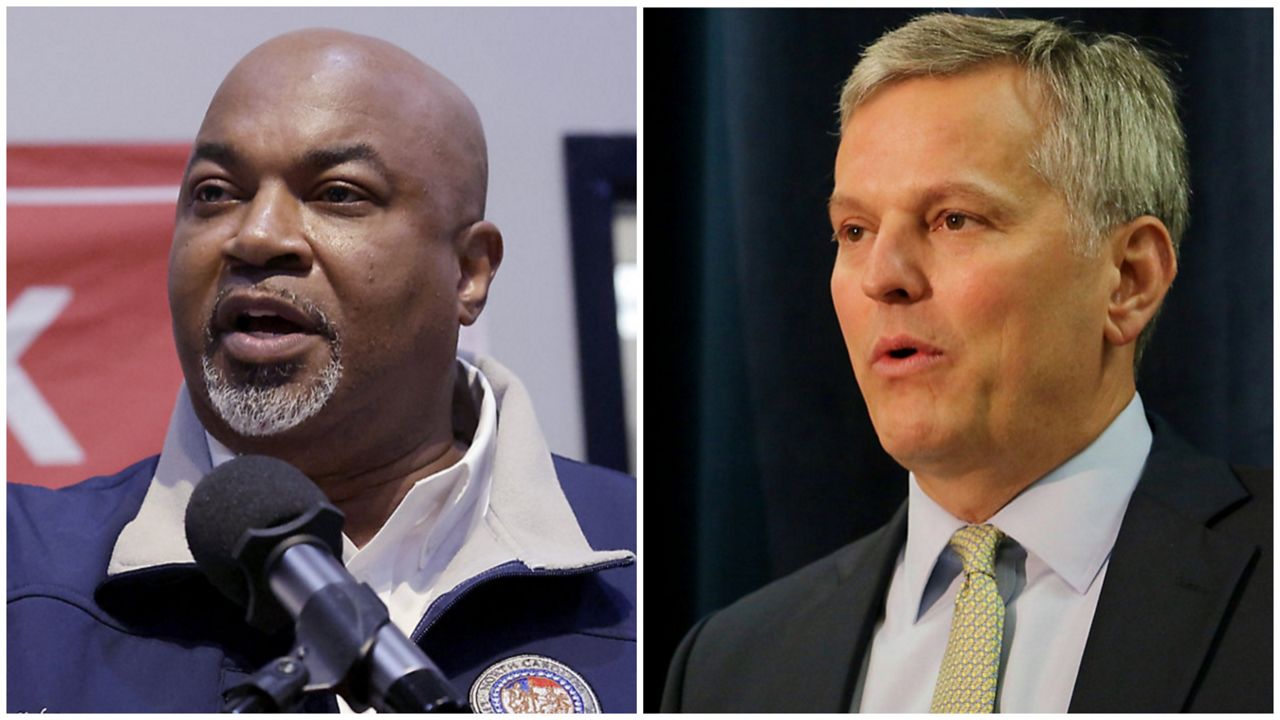After a decade-long hiatus, Congress is opening the door again to so-called “earmarks,” which give lawmakers a chance to direct funding to specific projects back home in their districts.
But the move - pushed by House Democrats - is already drawing the ire from some Republicans, who argue the budgeting practice promotes wasteful spending.
Rep. David Price, D-4th District, is welcoming the return of earmarks. He currently serves on the House committee tasked with crafting spending bills.
“We did good things in the community over the years with these,” Price said.
During his tenure on Capitol Hill, the congressman has used earmarks to point funding toward the expansion of US 64 near Cary, restoration work on a historic building at Shaw University, plus construction projects in the Research Triangle, according to his office.
For more than a decade, there has been a moratorium on earmarks. They were halted after a series of corruption scandals that ended up with lawmakers going to jail.
Supporters argue earmarks can be used for good, boosting community projects and giving lawmakers more direct control over federal spending.
Politically, earmarks can also give lawmakers a reason to vote for larger bills they otherwise may not be willing to swallow - a potentially powerful tool in a closely divided Congress.
With House Democrats announcing they will be accepting earmark requests for spending bills, however, it is unclear if Republicans will participate. While some have expressed openness to the practice, a handful of Republicans adamantly oppose it.
Rep. Ted Budd, R-13th District, who was not in Congress at the time the hard stop was put in place, is among those objecting.
“I think it's a sanctioned form of bribery … I just don't think the process can be redeemed,” he said. “I like the moratorium that we have on them. I think we need to make that more permanent.”
Democrats note they are implementing new safeguards aimed at boosting transparency to help ensure earmarks are not abused. The parameters include capping the number of requests House members can make and requiring lawmakers to prove that they and their family do not have financial interest in the projects, according to a press release from the House Appropriations Committee.
“We're looking to bring it back, but we want to bring it back in a responsible way,” Price said.
POLITICS
The Return of Earmarks: What N.C. Lawmakers on Capitol Hill Are Saying
PUBLISHED 8:00 PM EDT Mar. 16, 2021










